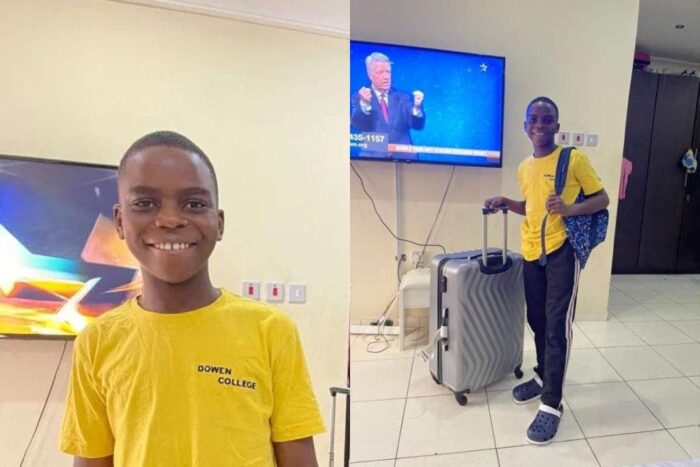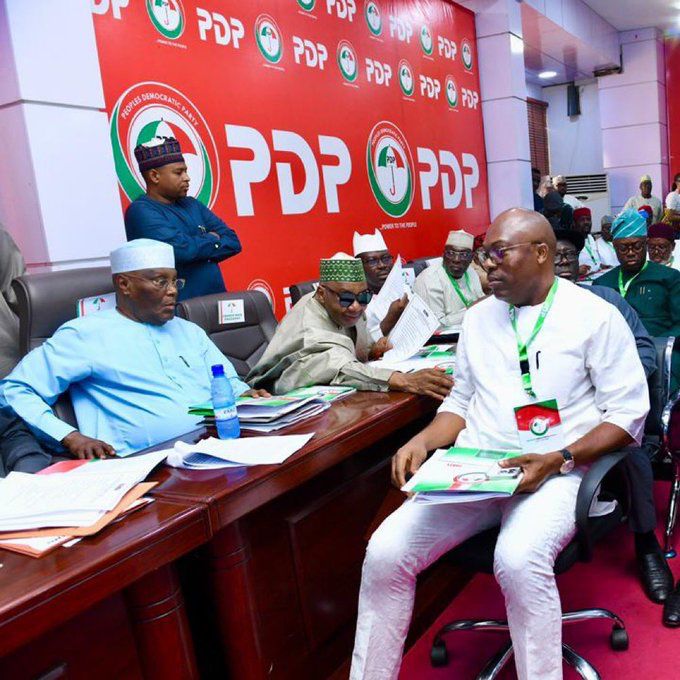A group, Justice for Sylvester Oromoni Committee (JSOC), has expressed displeasure over what it described as “prolonged delay” by the Coroner Inquest set up by Lagos State government to investigate the cause of death of Sylvester Oromoni Jnr, a JSS II student of Dowen College, Lekki, who reportedly died on November 30, 2021.
He died from an alleged torture by some students who reportedly wanted to initiate him into a cult group.
The death of Oromoni, which generated condemnation and series of protests by civil society groups and women across the country as well as heated controversies, was yet to yield any positive results almost two years after following the dilly-dally and alleged delay tactics by some officials of the Lagos State Government.
The Lagos State Government had following the death of Sylvester Oromoni (Jnr), ordered a coroner inquest to unravel the cause of death which commenced on the 21st day of January, 2022 at the Magistrate Court, Epe (now Magistrate Court 20, Ogba) and yet to be concluded even as the deceased family had raised the alarm over an alleged plot to unnecessarily delay proceedings at the coroner’s inquest into the death of their son.
They also alleged a cover-up between the Nigeria Police Force and the Lagos State Directorate of Public Prosecutions (DPP) over the circumstances surrounding the death.
Speaking on the delay, the body appealed to the Lagos state government, the judiciary and other well-meaning Nigerians to prevail on members of the Coroner to immediately make its findings and recommendations available to the public in the interest of justice for their late son.
In a statement signed by its JSOC’s coordinator, Regent Youmor, and obtained by SaharaReporters on Monday, the group said it had become very necessary for the Coroner to immediately declare its findings in order for the parties involved to be able to take their next line of action.
The group noted that it was necessary to ensure that justice prevailed even as it decried a situation where it took the Coroner almost two years to investigate the cause of death of their son.
They added that such prolonged investigation was no longer in best interests of the members as it had started raising doubts on their transparency and raising suspicions of compromise in the entire process and the purpose for which it was set up to achieve.
“It’s unthinkable to see that a Coroner Inquest that is usually set up with a specific terms of reference and a short time frame to accomplish its findings and submit its findings to enable parties involved take the next line of action open to them in any particular case is now the one foot dragging to make report public.
“From our little experience of how Coroner Inquest works, the members are allowed to sit even on Sundays, in order to be able to meet up with the specified time frame it’s being given but in the case, we have an Inquest that adjourns for two months, come back to sit briefly again and then take another three months adjournment for no good reasons.
“Gradually, it’s becoming very obvious that the Coroner is deliberately doing this to frustrate the family of the deceased to give up on the case, as we want to believe that there is more to the Coroner delay tactics in this matter than meets the ordinary eye.
“As it stands now, we are being forced to believe that someone or group of persons, may have been sponsoring the members to embark on this delayed proceedings as a way of either buying time to manipulate its report or frustrate the family to lose interest in the case so that the perpetrators of the dastardly act that took our son’s life can go scot free.
“It is based on this, that we the concerned Ijaw indigenes both at home and in the diaspora are calling on both the federal and Lagos state governments, the judiciary, as well as well-meaning Nigerians to prevail on the Coroner Inquest to make public its findings so that the family can proceed with its next line of action”, the group stated.
SaharaReporters

 News6 years ago
News6 years ago
 Featured6 years ago
Featured6 years ago
 Boss Picks6 years ago
Boss Picks6 years ago
 Headline6 years ago
Headline6 years ago
 Headline5 years ago
Headline5 years ago
 Headline6 years ago
Headline6 years ago
 Headline6 years ago
Headline6 years ago
 Headline6 years ago
Headline6 years ago













